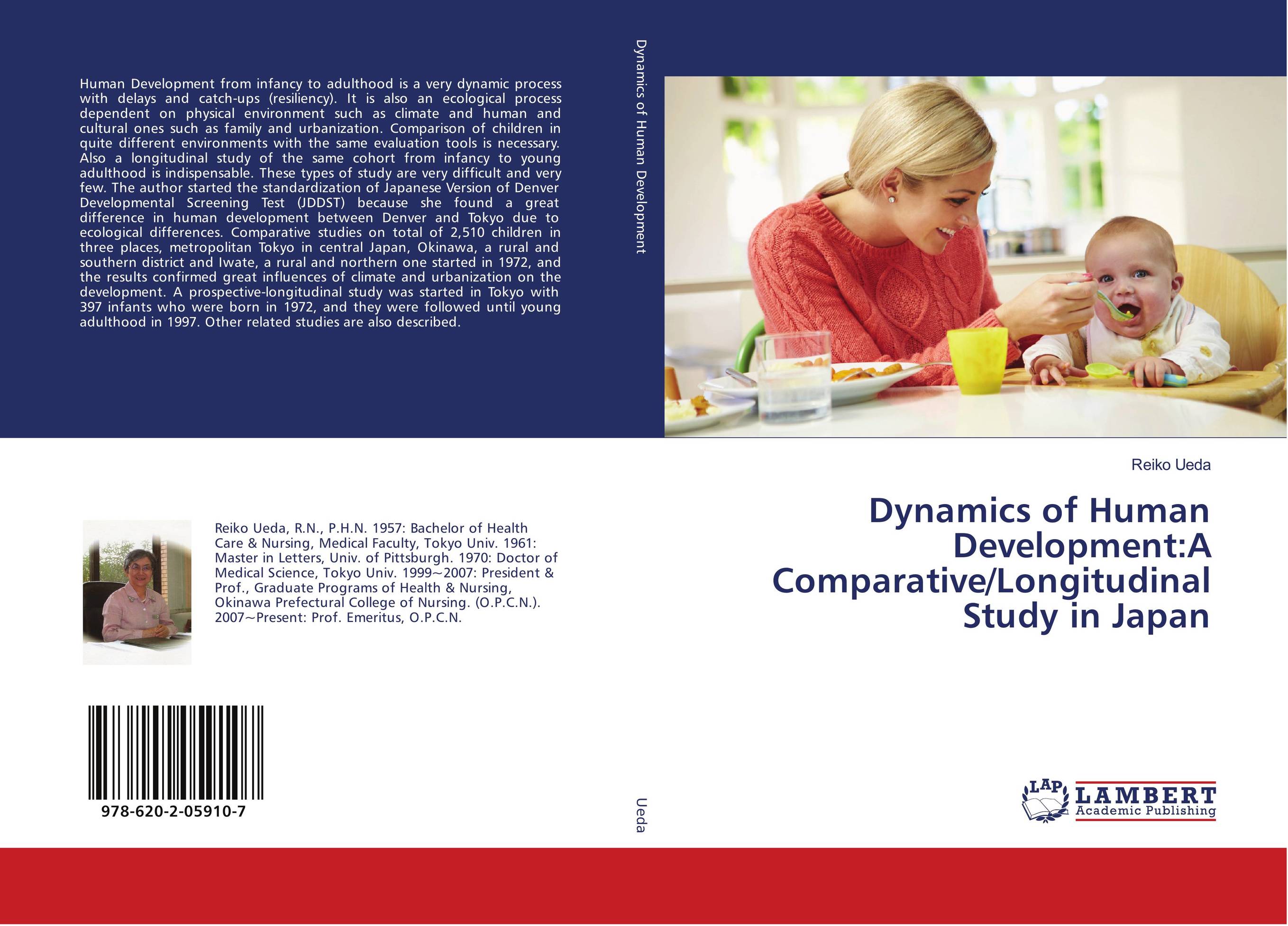| Поиск по каталогу |
|
(строгое соответствие)
|
- Профессиональная
- Научно-популярная
- Художественная
- Публицистика
- Детская
- Искусство
- Хобби, семья, дом
- Спорт
- Путеводители
- Блокноты, тетради, открытки
Dynamics of Human Development:A Comparative/Longitudinal Study in Japan.

В наличии
| Местонахождение: Алматы | Состояние экземпляра: новый |

Бумажная
версия
версия
Автор: Reiko Ueda
ISBN: 9786202059107
Год издания: 2018
Формат книги: 60×90/16 (145×215 мм)
Количество страниц: 172
Издательство: LAP LAMBERT Academic Publishing
Цена: 45869 тг
Положить в корзину
| Способы доставки в город Алматы * комплектация (срок до отгрузки) не более 2 рабочих дней |
| Самовывоз из города Алматы (пункты самовывоза партнёра CDEK) |
| Курьерская доставка CDEK из города Москва |
| Доставка Почтой России из города Москва |
Аннотация: Human Development from infancy to adulthood is a very dynamic process with delays and catch-ups (resiliency). It is also an ecological process dependent on physical environment such as climate and human and cultural ones such as family and urbanization. Comparison of children in quite different environments with the same evaluation tools is necessary. Also a longitudinal study of the same cohort from infancy to young adulthood is indispensable. These types of study are very difficult and very few. The author started the standardization of Japanese Version of Denver Developmental Screening Test (JDDST) because she found a great difference in human development between Denver and Tokyo due to ecological differences. Comparative studies on total of 2,510 children in three places, metropolitan Tokyo in central Japan, Okinawa, a rural and southern district and Iwate, a rural and northern one started in 1972, and the results confirmed great influences of climate and urbanization on the development. A prospective-longitudinal study was started in Tokyo with 397 infants who were born in 1972, and they were followed until young adulthood in 1997. Other related studies are also described.
Ключевые слова: developmental screening, Assessment tools, longitudinal study, developmental-ecological approach, Early Intervention, resiliency



